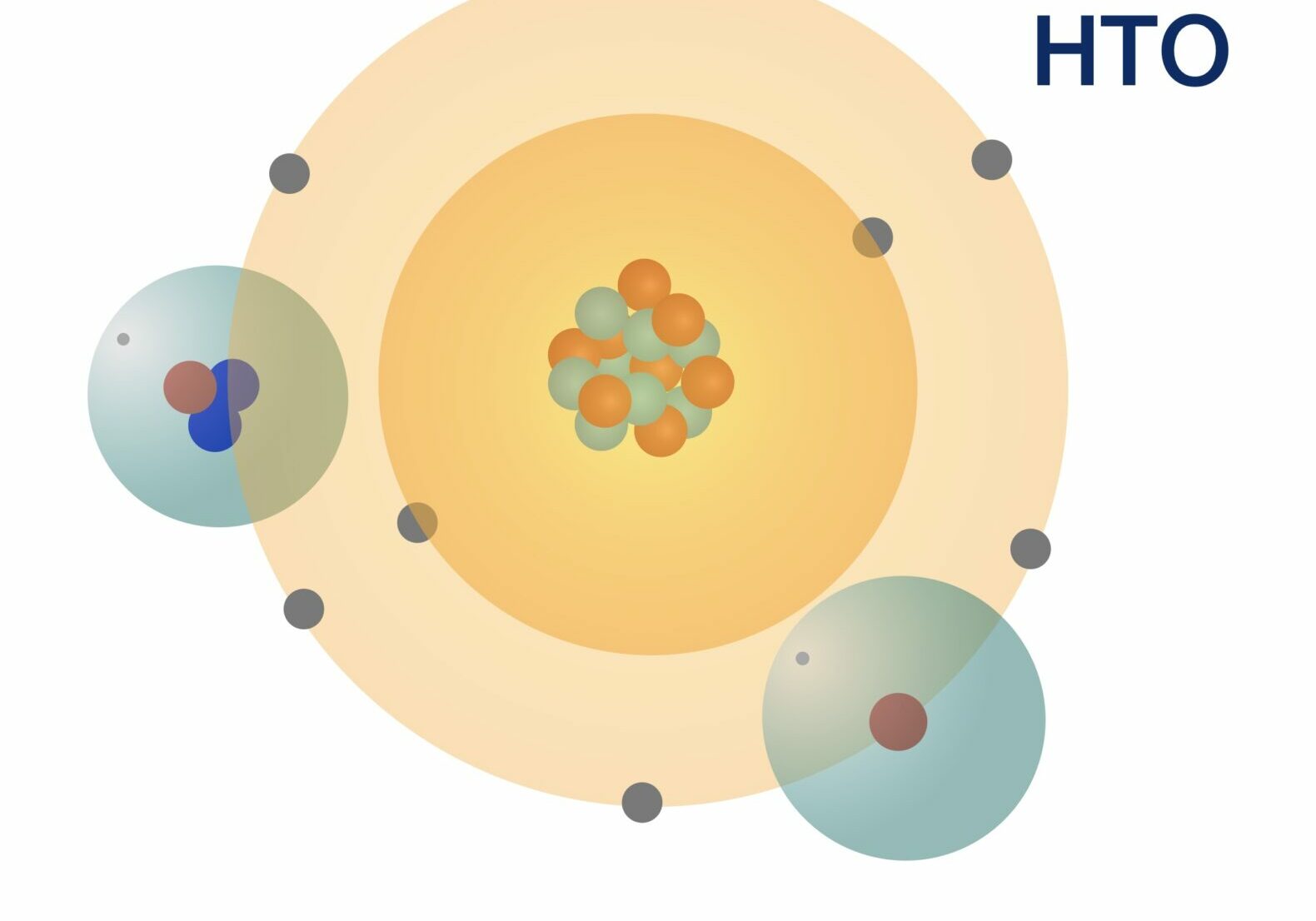Setting the record straight on tritium

In an opinion piece published in the Washington Post, Cindy Folkers, Radiation and Health Hazard Specialist of Beyond Nuclear, points out that tritium is not as safe as industry proponents claim it is, highlighting a recent paper by Mousseau and Todd, which found that tritium can have significant impacts when taken into the body, making it a highly underrated environmental toxin.
Folkers says of the plan to dump contaminated Fukushima water, that “over time, as tritium bioconcentrates and biomagnifies traveling up the food chain in aquatic life, biodiversity and the whole ecological structure could start to suffer. Much of this impact can take decades to surface; and the evidence pointing to tritium exposure as the culprit could have vanished.” It should be noted that not all radioisotopes can be completely filtered from the contaminated water, while tritium can’t be filtered at all.
Beyond Nuclear has created an informative video on tritium’s dangers to push back against deceptive industry messaging.
Folkers’s piece was prompted by an article that appeared in the paper on July 17 entitled “Japan set to begin releasing water from Fukushima plant.”
(all Washington Post links paywalled)
Graphic: A water molecule made radioactive by the radioactive hydrogen (tritium) attached to it.
Support Beyond Nuclear
Help to ensure a safer, greener and more just world for all

